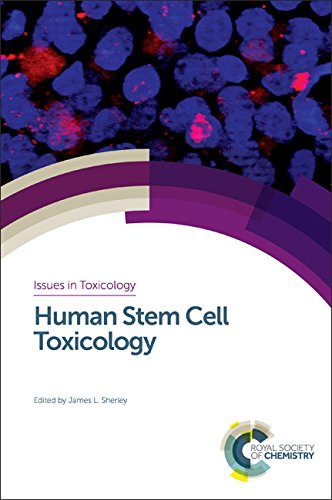

Most ebook files are in PDF format, so you can easily read them using various software such as Foxit Reader or directly on the Google Chrome browser.
Some ebook files are released by publishers in other formats such as .awz, .mobi, .epub, .fb2, etc. You may need to install specific software to read these formats on mobile/PC, such as Calibre.
Please read the tutorial at this link: https://ebookbell.com/faq
We offer FREE conversion to the popular formats you request; however, this may take some time. Therefore, right after payment, please email us, and we will try to provide the service as quickly as possible.
For some exceptional file formats or broken links (if any), please refrain from opening any disputes. Instead, email us first, and we will try to assist within a maximum of 6 hours.
EbookBell Team

5.0
30 reviewsToxicity against tissue stem cells (TSCs) is a major problem in drug development and environmental health science. Despite their essential function in all human cellular tissues, the nature of tissue stem cells is not fully understood. The small fraction of stem cells in tissues and the lack of specific biomarkers for their quantification present a formidable challenge to developing tools for their study and assays that can identify stem cell-toxic agents.
Human Stem Cell Toxicology reveals TSC toxicity as a biomedical reality that is now well under siege by newly emerging ideas and technologies, despite these challenges. Chapters consider stem cell toxicity by environmental agents, pharmaceutical drug candidates, and marketed therapeutic medicines with adverse side effects. New insights to cellular, molecular, biochemical, and chemical mechanisms of human tissue stem cell toxicity are brought together. Experimental and theoretical treatments are of specific topics, including approaches to monitoring TSC function, newly discovered TSC types and TSC toxicity resistance mechanisms, are covered by expert authors.
This book informs and champions the continued development of innovative technologies to predict the TSC toxicity of compounds before their use, whether in patients or the environment, by addressing emerging new cell-based approaches and concepts for technical innovation. This publication will be a useful reference for postgraduate students and researchers working in toxicology, pharmaceutical science, tissue cell biology and stem cell biology.